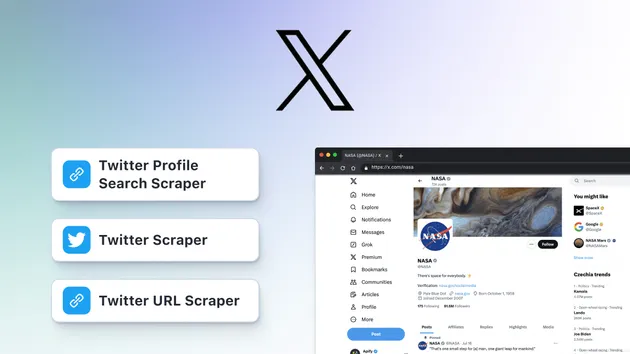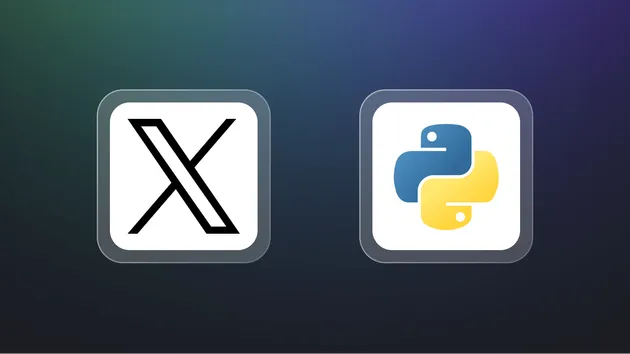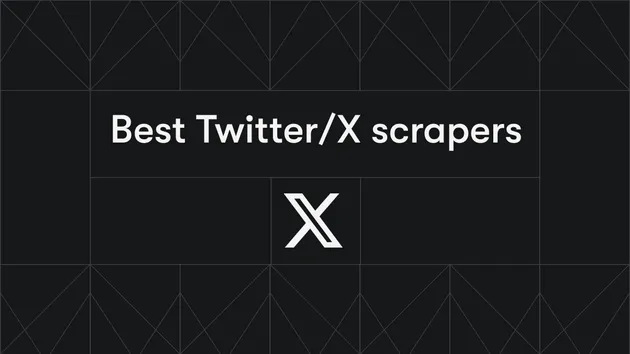Tweet Style Content Generator
Pricing
Pay per event
Tweet Style Content Generator
Turn Any Link or Topic into Ready-to-Post Tweets 🚀 This actor grabs content from a URL or search query and turns it into short, tweet-style posts using AI. Customize the tone, language, emoji use, and target audience to match your vibe. Perfect for quick social recaps. Outputs come in clean JSON.
Pricing
Pay per event
Rating
0.0
(0)
Developer

Jan Hranicky
Actor stats
0
Bookmarked
9
Total users
1
Monthly active users
4 months ago
Last modified
Categories
Share




